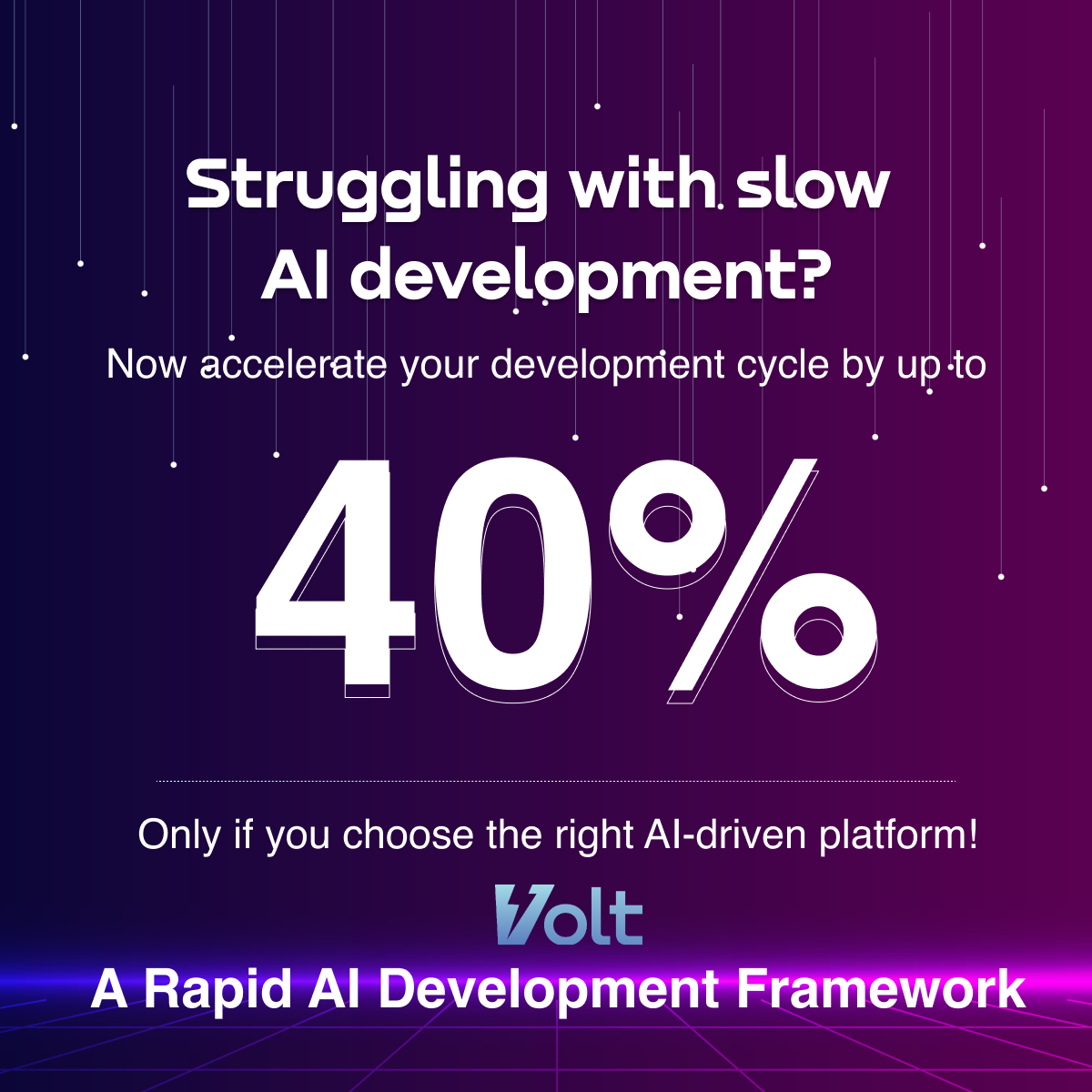Supply Chain Management System
How to Develop an Efficient Supply Chain Management System?
 Updated 16 Apr 2024
Updated 16 Apr 2024

A robust supply chain management process lies at the heart of every successful logistic operation.
Forward-thinking businesses and their leaders openly emphasize the value of supply chain management (SCM) and invest significantly to fortify it.
Astonishing new developments in technology have over the last few decades brought dramatic changes to traditional business models, and SCM is not an outlier to this.
With the help of a Supply Chain Management Software Development Company, you can now address problems like fragmentation of information and automate resource planning, all while enhancing transparency throughout the organization.
This article hopes to explain its planning, sourcing, and manufacturing functions beyond addressing just the logistical needs of a business and talks about the essential functionalities to focus on when building an effective SCM system.
Why is Supply Chain Management System Needed?
To summarize the need for supply chain management in a few words; the process makes day-to-day operations possible through all activities involved in getting the product to market and helps identify opportunities to maximize profits by minimizing waste.
Every item or service that enters the market has been supported by efforts that have been managed and coordinated to produce the needed results. This extends beyond just coordinating raw materials for products.
Benefits of Supply Chain Management System Development

1. Improve Operational Efficiency
Effective Supply chain operations give you a real-time view of insights and data that can help identify wasteful activities and inefficient processes and rectify them immediately.
2. Better Material Movement
Supply chain management revolutionizes material movement with precision and innovation. Through streamlined logistics and strategic optimization, SCM paves the way for enhanced efficiency, reliability, and sustainability, empowering businesses to thrive in dynamic markets.
3. Improved Visibility and Communication
A good SCM system can help you seamlessly share data, collaborate, and easily view the flow of resources internally, and between supplier and enterprise.
It also supports activities like purchasing, management of human resources, and financial planning by providing a repository of well-documented and centralized data.
4. Reduces Risk
Supply Chain Management system is an activity that not only works to find and weed out any issues in your end-to-end operations, but it is the very foundation on which those operations are built.
A single failure in the movement of resources at any stage from procurement planning to delivery of the product, or even returns, can result in significant monetary or reputational losses, or at the very least, your teams being inundated with operational issues.
5. Maximize Cost Efficiency
Besides improving the flow of operations, the benefits of effective SCM listed above work in synergy to ultimately make the business more profitable.
Effective use and implementation of Supply Chain Management Software Development can cut several costs such as those resulting from wasted, duplicated, or unnecessary efforts can be avoided using effective monitoring and control.
Custom Logistic Software Development with Q3 Technologies
A seasoned Software Development Company with more than 25 years of experience in creating intuitive solutions for startups and industry leaders, Q3 Technologies creates comprehensive and competitive solutions to support and automate end-to-end logistics for your business.
Q3 technologies customizes applications based on the requirements of your business, so you can tap into the full potential of your business and streamline your operations.
Q3 technologies offers the below-listed custom development services –
1. Logistics and Transportation Management Software
Q3’s logistic and transportation management software application is streamlined for both web and mobile interfaces and enables real-time information sharing, interaction, and customized reporting.
2. Order Management
We are proficient in creating solutions that integrate with AIS software like Sage and SAP to provide smart solutions, business intelligence, and ERP applications that streamline order management and processing.
3. Warehouse Management Software
Q3 Technologies is a Software Development Company well-known for its warehouse management software development that help you integrate technologies like artificial intelligence and blockchain to track inventory, manage it better, and ultimately improve transparency.
4. Logistics Data Exchange Software
The customized logistics data exchange applications that can be supported with blockchain technology can help bring a new level of transparency and security to your financial information and help share it across the network.
5. Reporting and Business Intelligence Bots
AI bots developed by Q3 are one of the best in the industry and use machine learning algorithms to support reporting and financial processes to reduce the need for human intervention and carry out repetitive tasks with more accuracy.
6. Automated Warehouse Management
Our tailored business solutions can help you automate your warehouse facility. These solutions greatly automate the management of inventory stock and quality control without human intervention.
7. Demand Forecasting Applications
Our user-friendly demand forecasting applications use artificial intelligence and machine learning to plan monthly order management, understand seasonal business trends and manage stock-outs.
8. Smart Inventory Management Applications
We can help you build smart inventory management applications that track, monitor, and help you control your inventory in real-time. Our team can help you set customized control points according to the Critical Success Factors (CSFs) that you define.
Supply Chain Management System for Different Business Models
There are six major supply chain models adopted by businesses, which can be grouped into two categories: those oriented towards efficiency, where end-to-end efficiency is prioritized, and those oriented towards responsiveness, characterized by markets with high demand uncertainty.
To select the type of Supply Chain Management Software Development, you first need an understanding of what model of SCM your particular business requires. These models are briefly explained below:
1. Efficiency Oriented
- Efficient Chain: This model focuses on maximizing end-to-end efficiency in asset utilization to lower costs and production schedules based on expected sales throughout the production cycle. Made for markets with commoditized industries like steel and cement, where there are many producers and the competition primarily revolves around price.
- Fast Chain: Made for companies producing items with short product lifecycles, this model emphasizes shortening the time from idea to market. Forecast accuracy is crucial to minimize market mediation costs because companies need to focus on quickly updating product portfolios and aligning them with rapidly changing market trends.
- Continuous Flow: Suited for industries with stable high-demand profiles, this model ensures a regular flow of products and information. The competitive and cost advantage is taken by maintaining continuous replenishment systems that maintain high service levels and low inventory at customer facilities.
2. Responsiveness Oriented
- Flexible: Suited for industries experiencing fluctuating demands, where the demand peaks are followed by low periods, the model emphasizes adaptability and rapid response capability. It ensures flexibility by configuring manufacturing processes to meet specific customer needs or solve problems swiftly.
- Agile: Designed for companies manufacturing products with unique customer specifications and hence, an unpredictable demand, the model employs a make-to-order approach. Agility is achieved through excess capacity and the ability to produce the smallest possible batches as manufacturing is done only after receiving a purchase order.
- Custom Configured: This approach is for industries requiring products with multiple configurations and is a combination of continuous-flow and agile models. Product configurations are made according to customer specifications, typically accomplished during assembly.
Conclusion
Effective supply chain management system lies at the heart of operational excellence and competitiveness, and Q3 Technologies is dedicated to empowering businesses with innovative solutions tailored to their unique needs. By harnessing advanced technologies, fostering collaboration across the supply chain, and prioritizing sustainability, Q3 Technologies enables organizations to optimize processes, minimize risks, and maximize value creation. As we navigate the complexities of global markets, Q3 Technologies remains committed to delivering cutting-edge SCM solutions that drive efficiency, resilience, and growth for our clients, today and into the future.
Your Logistics Software Development must be based on elements that define and distinguish strategic, organization-wide, and tactical factors. Choose a development partner like Q3 Technologies that listens to and acts on your needs.
Invest in SCM and chart your course towards sustainable growth.
Explore More

Software Development
Fleet Management Software Development - Key Features and Cost

Dealer Management System

